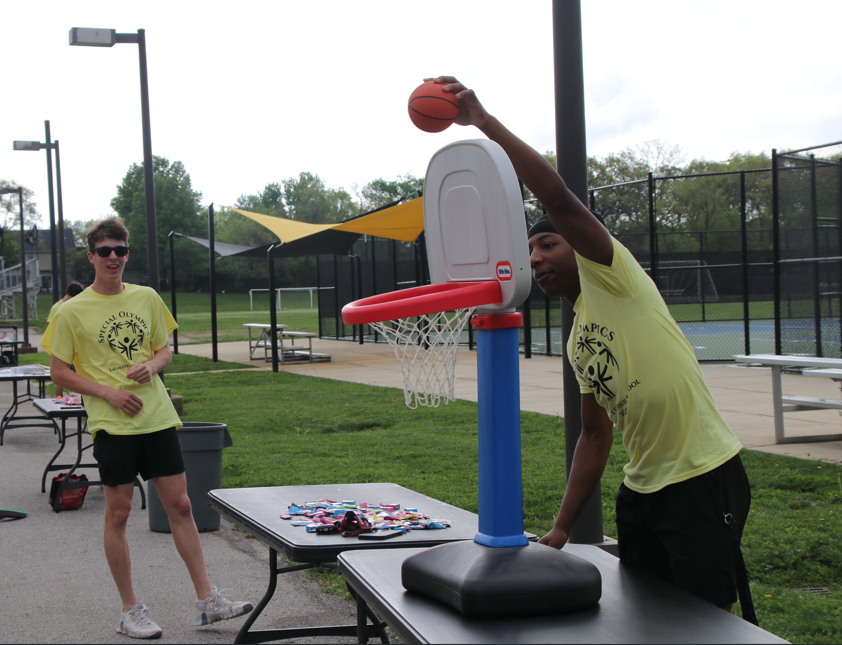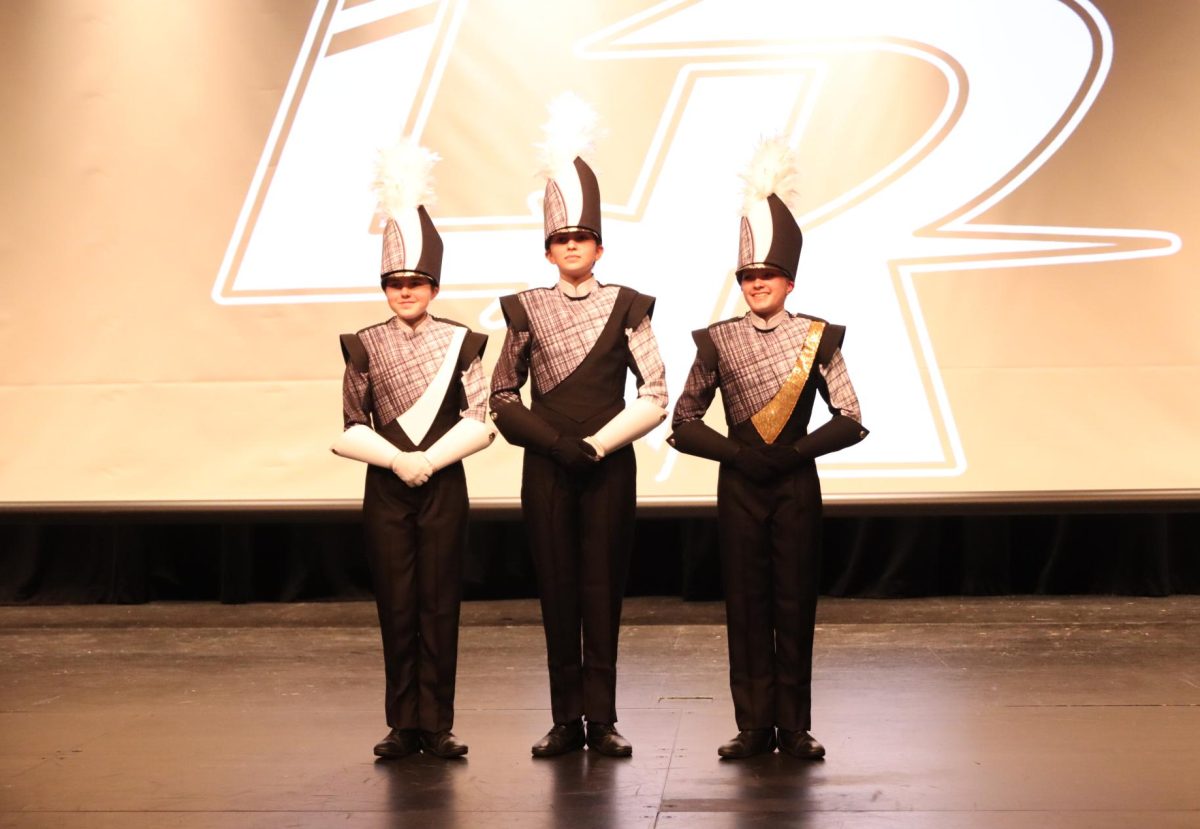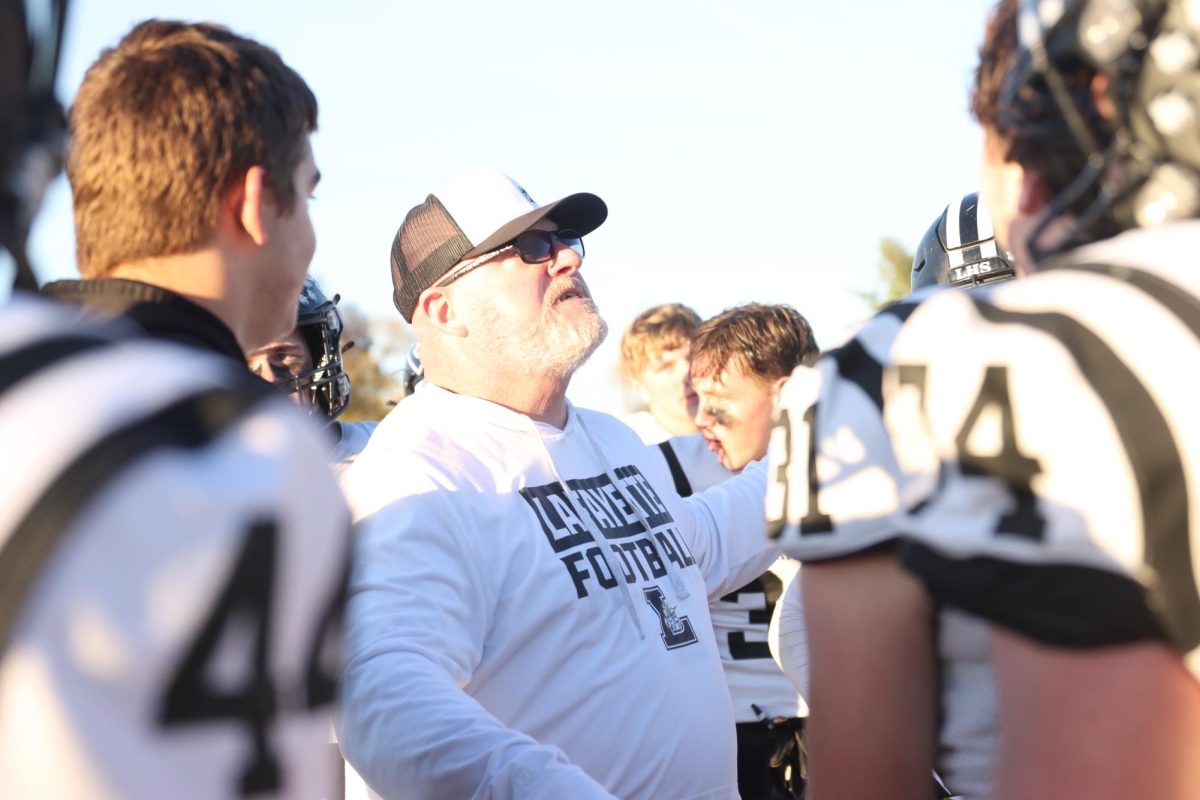Review: Leslie Jones complements irreverent humor with inspiring life lessons in ‘Time Machine’
Comedian Leslie Jones performs her stand-up routine in her Netflix comedy special “Time Machine.” Photo by Emily Weisenberger, courtesy of Netflix Media Center.
February 3, 2020
On Jan. 14, comedian and actress Leslie Jones’ comedy special “Time Machine” was released on Netflix.
From performing as a comedy opener for Jamie Foxx in 1987 to acting on “Saturday Night Live” to her main role in the 2016 remake of “Ghostbusters,” Jones has participated in some major comedy and acting work over the course of the past 30 years, roughly. Her work has not gone unnoticed, as she has received three comedy-acting related Emmy nominations and was nominated for an NAACP Image Award.
Jones’ style in the special is characterized by irreverent and raunchy jokes and stories, similar to in another one of her older comedy shows, “Problem Child.” “Time Machine” is a perfect continuation of that, considering its blunt honesty and explicit anecdotes.
The comedian’s lively, comic personality sets the mood for the show immediately, as she walks on stage dancing, whooping and yelling “yes, yes, yes!”
Jones goes on to talk about her 20s, illustrating her liberal, ambitious tendencies through experiences like attempting to win over Prince with her dancing at a Grammys afterparty. Complete with over-the-top dancing and detailed descriptions of 1990s style choices, Jones draws a clear and, frankly, hilarious picture of what her 20s were like while inspiring young people in the audience to live the same way during that stage in their lives.
Her next bit talks about her 30s, 40s and 50s. Jones says that after your 20s, you must decide “if you’re going to stay a h*e” or become a responsible adult. With this realization, she is able to relate to the audience on areas the age group struggles with, physically and mentally.
The comic eventually comes full-circle to tell the crowd about what she has learned throughout her life. She says to “live in the present, and have some faith,” bringing a strong emotional takeaway that was missing in some of Jones’ previous work.
One way Jones makes this show special is association; she can connect on a deep level with the audience by relating to them. That being said, “Time Machine” targets people who have grown up in a similar timeframe to Jones, so they can relate to the aspects of each age and the trends that were current during them.
Though Jones’ descriptive storytelling could allow even a child to understand what she is saying, this show is certainly not targeted toward a younger age group. Not only would they not be able to relate, but the copious amounts of adult humor could definitely be confusing and inappropriate for them.
Her loud personality is certainly for a specific type of person, too. Jones has lived her life doing what she wants, not caring what others think. This show is perfect for the same type of person. People who have a carefree attitude and a big personality would be able to relate to and enjoy this show a lot.
Overall, “Time Machine” is a great mixture of Jones’ always dominating, life-of-the-party comedic style, with new, fresh emotional values that complement it beautifully.
Rating: 9/10
































